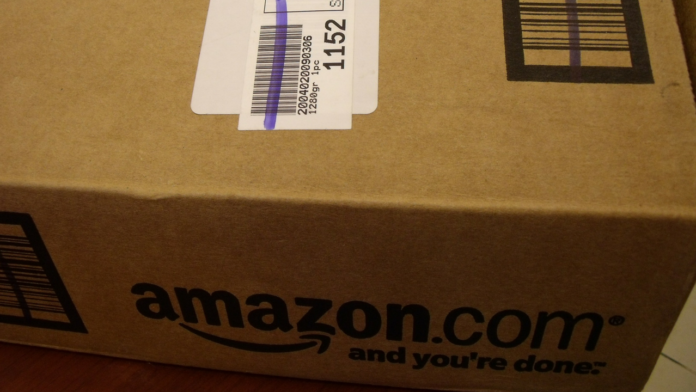ST. PAUL, Minn.- Gov. Mark Dayton has stated interest in a bid to have Amazon’s second headquarters in Minnesota after the company voiced interest in opening a second North American headquarters.
Amazon said it is looking for a location with a Metropolitan area with more than a million people and has expansive urban and suburban areas in which to retain those that the company is willing to hire. Amazon is projecting that it would be able to support 50,000 new jobs with the headquarters in whichever city that it chooses. Minnesota could also quite easily meet the requirement by Amazon for a greenfield site of some 100 acres. The company says that it would be soliciting bids through Oct. 19. Amazon doesn’t shy away from what it believes it has achieved in Seattle, where its main headquarters is located, boasting “its [invested] in Seattle from 2010 to 2016…$38 billion to the city’s economy.”
It seems that members across the political spectrum and levels of government have applauded Dayton’s efforts to bring Amazon to Minnesota. “We believe Minnesota is more than qualified to to meet Amazon’s top four priorities,” said Senate Majority leader Paul Gazelka to the Pioneer Press. St. Paul mayor Chris Coleman also seemed to voice support, pointing out that St. Paul has several areas available for the Amazon headquarters campus.
Some have viewed Minnesota’s bid to get Amazon to establish its headquarters in Minnesota to be reminiscent of the deal that Gov. Scott Walker made to get Taiwanese company FoxConn to set up a factory in Southeastern Wisconsin. As part of the deal, Wisconsin will give Foxconn up to $3 billion dollars in tax breaks as well as other perks which are meant to attract Foxconn to Wisconsin. The Foxconn factory promises to support creation of 13,000 new jobs in Wisconsin. In order to attract such a deal, it is possible that Minnesota would have to make similar concessions to Amazon.
Minnesota’s history when it comes to pro-business policies is a mixed bag. Indeed, there is no denying that 17 Fortune 500 companies inhabit Minnesota, boasting large names such a United Health, Cargill, and Target. However, recent efforts by Minnesota, particularly the Twin Cities, to increase the minimum wage and put in place stringent permit regulations may turn some companies away. Recently, Medtronics partial relocation to Ireland may pose a warning to other companies that Minnesota’s business climate may not all be what it is cracked up to be.

















